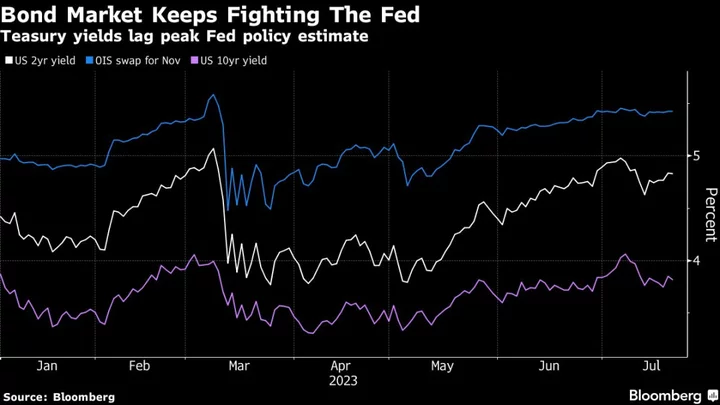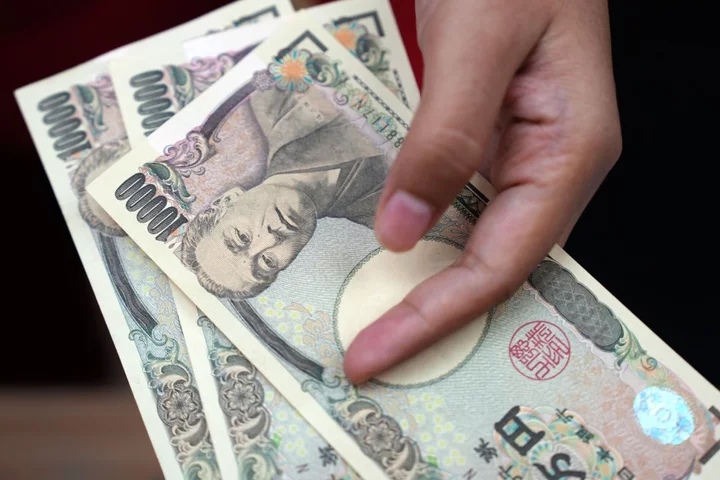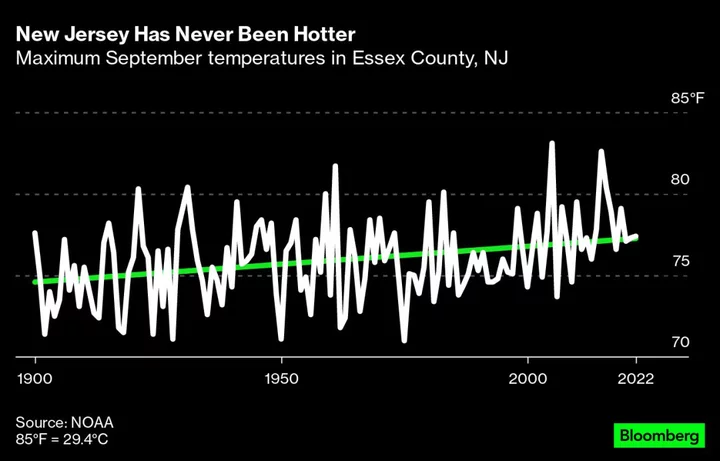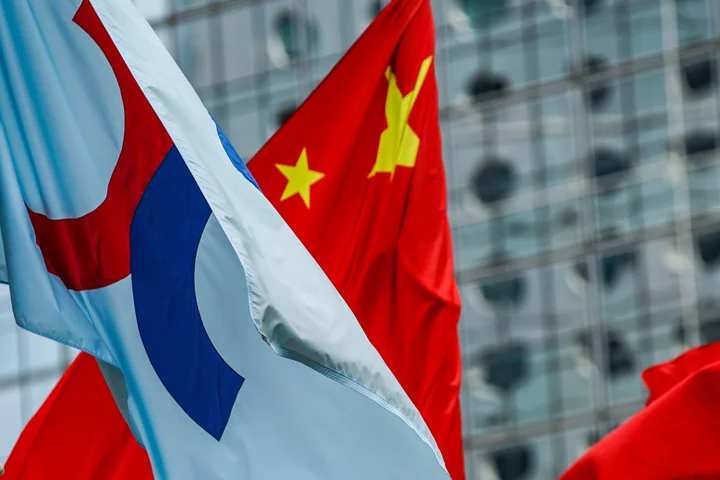Brazil’s growth outlook is at the heart of the nation’s credit score, with Moody’s Investors Service focused on the rollout of a new fiscal framework — even as geopolitical risk rattles the world.
While war in the Middle East threatens to impact global inflation and economic growth, Brazil’s domestic progress is the central factor affecting the nation’s credit score, senior analyst Samar Maziad said in an interview in Sao Paulo.
Brazil has been rated at Ba2 — two notches below investment grade — since 2016 by Moody’s, putting the country on par with Vietnam and South Africa. A potential upgrade would only come after a smooth rollout of the nation’s new fiscal framework and a clear government push to stay within its targets, Maziad said.
“Brazil is a large, very closed economy, so the growth dynamics really depend on domestic drivers, like consumption and investment,” Maziad said. “We are looking at the implementation of the new fiscal framework and growth performance, and those are key elements for a more positive scenario.”
The fiscal bill, which has been approved by lawmakers, aims to curb concern surrounding government spending and reassure investors about the government’s commitment to austerity.
But a key risk comes if the economy cools and causes revenues to fade, complicating the government’s path to achieve its fiscal targets, according to Maziad.
Moody’s has left Brazil’s credit score untouched this year, while both Fitch Ratings and S&P Global Ratings improved their stances.
Fitch upgraded Brazil to BB from BB- in July, bringing the country up to two notches below investment grade. S&P in June changed its outlook on the country’s rating to positive from stable.
“The world is changing. We are seeing other countries with higher political risk,” said Maziad. “But Brazil is two notches below investment grade, so take it one step at a time.”
--With assistance from Shelby Knowles Nikolaides.









